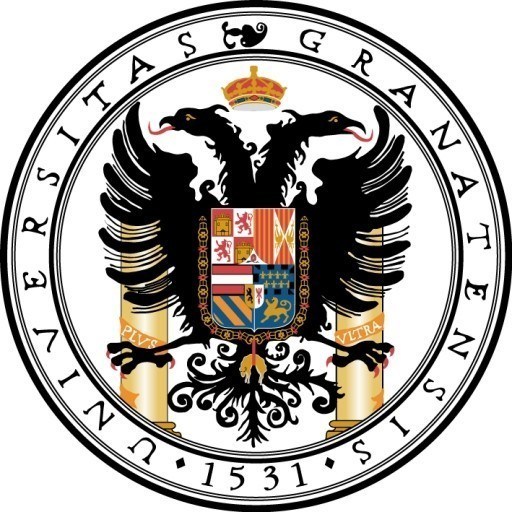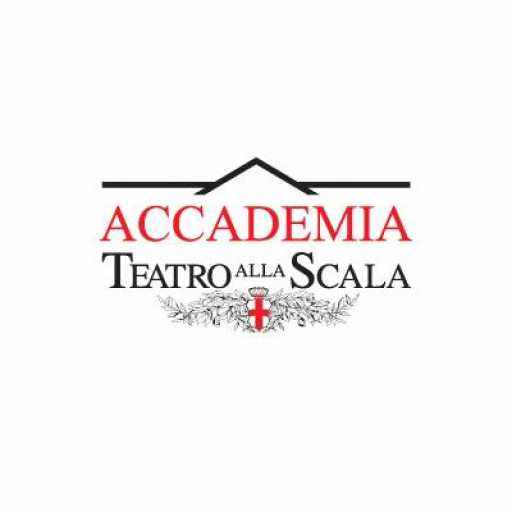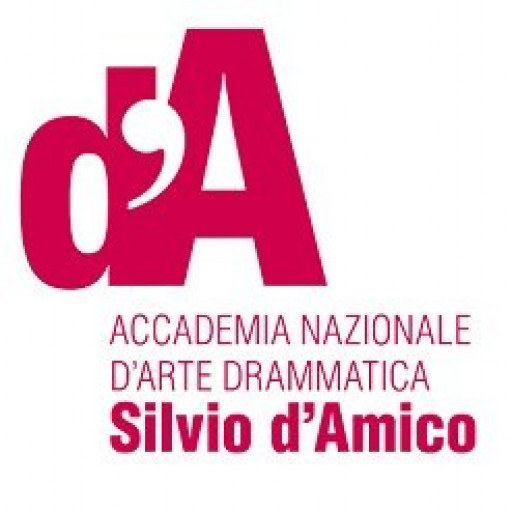Photos of university / #canalugr
The Bachelor's Degree in Literary and Theatrical Studies at the University of Granada offers students a comprehensive education in the fields of literature and theatre, emphasizing both theoretical understanding and practical application. This program is designed to provide students with a deep appreciation of literary texts from various historical periods and cultural contexts, as well as an understanding of theatrical practices and performance arts. The curriculum covers a broad spectrum of topics, including literary theory, history of literature, dramatic arts, criticism, and dramaturgy. Students will explore classical, modern, and contemporary literary works, analyzing their themes, structures, and socio-cultural significance. The programme also includes the study of theatrical history, production techniques, and performance analysis, enabling students to appreciate and participate in the creative aspects of theatre. Through a combination of lectures, seminars, workshops, and practical activities, students are encouraged to develop critical thinking, interpretative skills, and creative expression. The programme aims to prepare graduates for diverse careers in literary and theatrical fields, such as teaching, cultural management, media, journalism, publishing, and theatrical production. Additionally, students have opportunities to participate in theatrical performances, literary festivals, and research projects, fostering a hands-on understanding of the arts. The university’s strong emphasis on research and cultural engagement ensures that graduates are well-equipped to contribute to the cultural and artistic sectors. The Degree in Literary and Theatrical Studies at the University of Granada is committed to fostering a global perspective, encouraging language proficiency, and promoting intercultural dialogue through its diverse curriculum. Graduates will leave with a solid foundation in both theory and practice, ready to engage critically and creatively with the literary and theatrical arts.
The Bachelor's Degree in Literary and Theatrical Studies at the University of Granada offers students a comprehensive exploration of literature and theater from historical, theoretical, and practical perspectives. This program is designed to provide a deep understanding of the development of literary genres, styles, and movements across different eras and cultures, alongside an appreciation of theatrical arts and their societal impact. Throughout the course, students engage with a diverse range of texts, from classical to contemporary works, analyzing themes, language, and stylistic techniques to develop critical thinking and interpretative skills.
The curriculum combines theoretical coursework with practical training, allowing students to explore dramaturgy, stage design, and performance analysis. Courses include Literary Theory, History of Literature, Comparative Literature, and Spanish and Latin American Literature, fostering a broad cultural perspective. In addition, students experiment with creative writing and theatrical production, gaining hands-on experience in the practical aspects of theater creation. The program emphasizes the importance of cultural and historical context in understanding literary and theatrical works, encouraging students to consider their relevance in today’s society.
Students also develop essential skills in research and academic writing through assignments, projects, and seminars, preparing them for careers in education, cultural management, publishing, and media. The program’s structure promotes interdisciplinary learning, integrating insights from history, philosophy, and art to deepen students' understanding of literary and theatrical phenomena. Opportunities for internships and participation in university theater productions enable students to apply their knowledge in real-world settings, enhancing employability.
Graduates of this program will be equipped with a solid foundation in the analysis and appreciation of literary and theatrical texts, as well as the ability to critically evaluate cultural trends. The program aims to cultivate creative, analytical, and communicative skills, essential for various professions related to culture, education, and the arts. By fostering a critical and creative approach to literature and theater, the university prepares students to become informed and innovative professionals capable of contributing meaningfully to cultural and academic fields.
The Bachelor’s Degree in Literary and Theatrical Studies at the University of Granada is designed to provide students with a comprehensive understanding of literature and theater from historical, theoretical, and practical perspectives. The program aims to develop critical thinking, analytical skills, and a deep appreciation for cultural expressions through a diverse curriculum that encompasses literature, drama, theater history, literary theory, and cultural studies. Students will engage with a wide range of literary genres, authors, and theatrical movements, analyzing texts within their socio-historical contexts to enhance their interpretative abilities. The program also includes practical training in theatrical production, acting, and dramaturgy, enabling students to acquire hands-on experience in the performing arts.
To successfully complete the degree, students must fulfill a combination of coursework, practical projects, and research activities. Typically, the program requires the completion of a set number of credits, distributed across core courses, electives, and a final degree project or thesis. Core courses cover foundational subjects such as Spanish and European literature, literary theory, theater history, and dramatic literature, while elective courses allow students to explore specialized topics like contemporary theater, poetic analysis, gender studies, translation, and digital humanities.
Participation in seminars, workshops, and cultural activities organized by the university forms an integral part of the curriculum, fostering experiential learning and industry connections. Internships in theaters, publishing houses, or cultural organizations are also encouraged to provide real-world experience and professional integration. The program emphasizes language proficiency, especially in Spanish and English, to enable students to analyze texts in multiple languages and prepare them for careers in publishing, education, theater, cultural management, and academic research.
Assessment methods in the program include written exams, essays, presentation and discussion of projects, practical evaluations, and the final thesis. The degree also aims to promote research skills, encouraging students to develop their own scholarly interests within the broad fields of literature and theater. Graduates of this program acquire a versatile set of skills suited for careers in education, cultural institutions, media, publishing, and the performing arts, as well as pursuing postgraduate studies and research in related disciplines. The program’s curriculum is consistently updated to reflect current trends and demands in the cultural and academic sectors, ensuring that graduates are well-equipped for professional success.
Financing for the Degree in Literary and Theatrical Studies at the University of Granada is primarily provided through a variety of sources designed to support students throughout their academic journey. Students may fund their studies through the Spanish government’s public financial aid programs, which include grants, scholarships, and student loans. These are generally aimed at covering tuition fees, living expenses, and other costs associated with university life. The university also offers its own scholarships and financial aid programs that are competitive and based on academic merit, financial need, or specific criteria such as geographic origin or field of study.
European Union students, as well as international students, may have access to specific funding options, including Erasmus+ scholarships, which facilitate mobility and exchange programs across European universities. These programs can help offset costs related to studying abroad for a semester or a year. Additionally, students are encouraged to seek external funding sources, such as private scholarships, foundations, and cultural organizations, some of which specialize in supporting students pursuing studies related to arts, literature, and theater.
Part-time work opportunities are also available on or near the university campus, allowing students to earn income while completing their degrees. The university’s employment office provides resources and guidance for finding internships or part-time jobs that complement their studies and reduce financial burdens. Furthermore, many students participate in teaching assistantships, research projects, or cultural events organized by the university, which sometimes offer stipends or remuneration.
Academic programs at the University of Granada often include information sessions on financial aid and scholarships, helping students understand the application processes and deadlines. It's important for students to regularly check the university’s official website and contact the student affairs office for updated information on available financial support and application requirements. Overall, the financing landscape for students in Literary and Theatrical Studies at the University of Granada is structured to ensure accessible education, encouraging diverse applicants to pursue their academic and professional ambitions without undue financial hardship.
The Bachelor’s Degree in Literary and Theatrical Studies offered by the University of Granada provides students with an in-depth understanding of literature and theater, spanning from classical to contemporary works. This program aims to develop critical thinking, analytical skills, and a comprehensive knowledge of literary and theatrical texts, their historical contexts, and their cultural significance. Students will explore diverse genres, periods, and styles of literature, including poetry, prose, drama, and other narrative forms. The curriculum emphasizes not only the theoretical and historical aspects of literary and theatrical works but also encourages practical engagement through analysis, interpretation, and production techniques.
Throughout the course, students are introduced to various literary theories and methodologies, enabling them to approach texts from multiple perspectives. The program also encompasses the study of theatrical history, dramaturgy, and performance practices. This multidisciplinary approach prepares graduates for careers in education, cultural management, editing, scriptwriting, staging, and arts administration. The program combines theoretical coursework with practical experiences such as seminars, workshops, and possible collaborations with local theaters or literary festivals.
Students are also encouraged to develop language proficiency in both Spanish and foreign languages, facilitating access to a broader range of literary and theatrical materials. The program promotes research components, enabling students to undertake individual projects, theses, or participate in research groups focusing on specific areas of literary or theatrical studies. Graduates will possess a solid foundation to pursue postgraduate studies or careers involving cultural criticism, publishing, arts journalism, or academic research. The program's strong emphasis on critical analysis, cultural awareness, and creative expression aims to cultivate well-rounded professionals equipped for diverse roles within the cultural and educational sectors.








